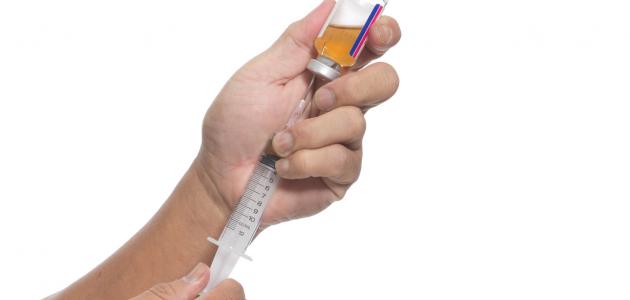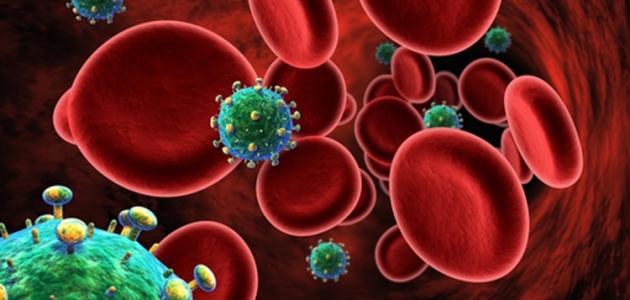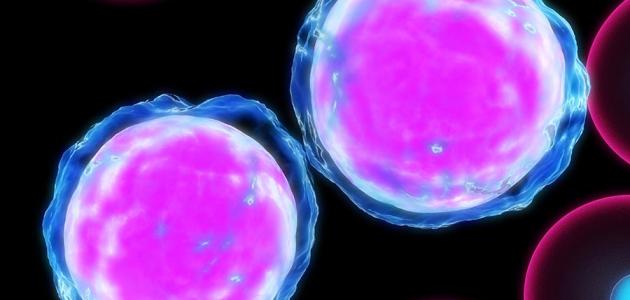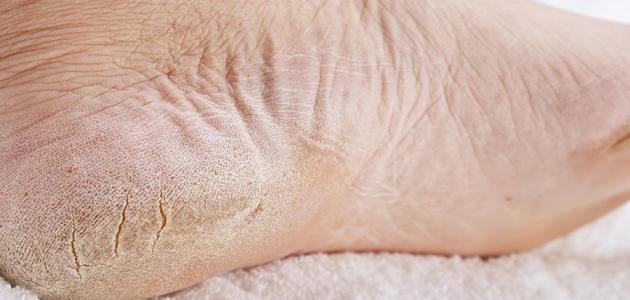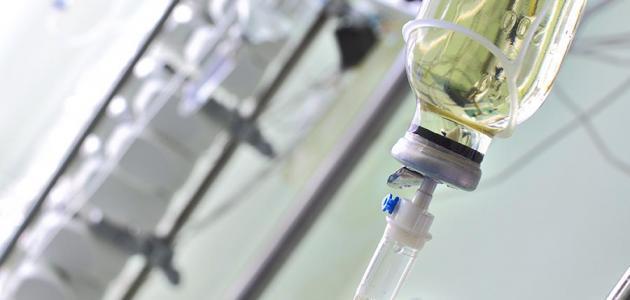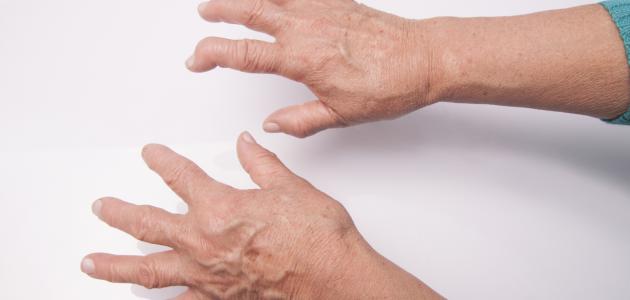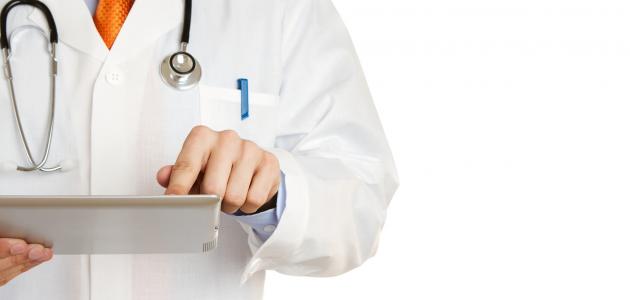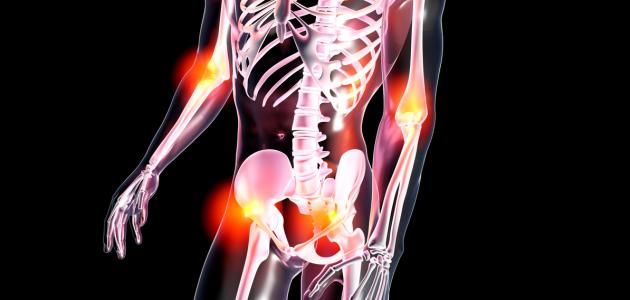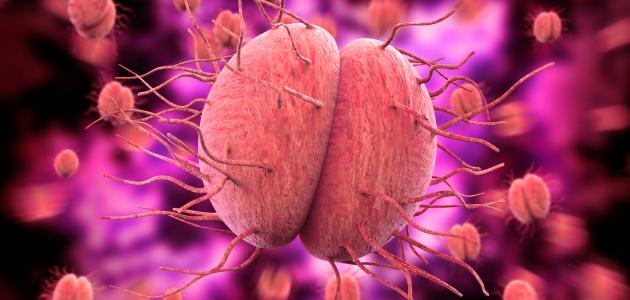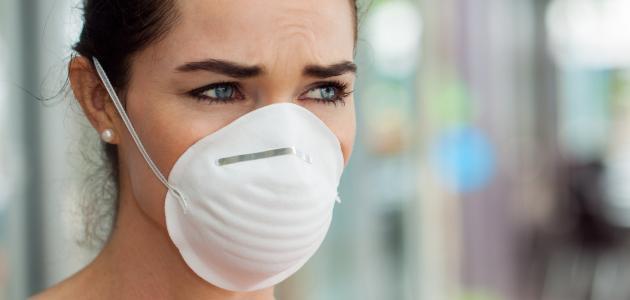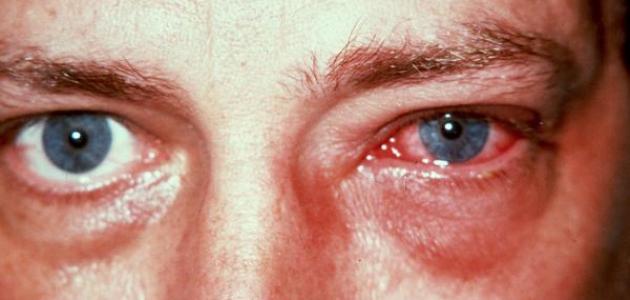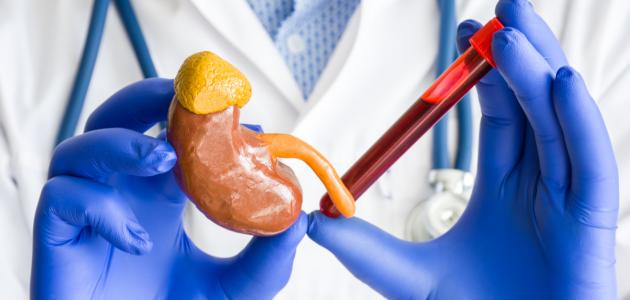Contents
Tetanus
Tetanus disease is a dangerous bacterial infection that threatens the lives of the infected and makes them vulnerable to death, so depending on the reports of the Centers for Disease Control and Prevention, we find that 10-20% of the infection with tetanus is a fatal infection, and here lies the importance of taking a tetanus vaccine in Stimulating the body's immunity and preventing disease-causing bacteria, as tetanus bacteria cause a nervous disorder in the body, resulting in contractions and spasms that may affect all muscles of the body, especially the muscles of the jaws and neck, and fortunately vaccines are available that protect individuals from getting tetanus. [1]
The cause of tetanus
The importance of sterilizing and cleaning skin wounds lies in helping to prevent tetanus infection, as tetanus infection is transmitted as a result of infection with the bacterium Clostridium tetani that moves into the body through skin wounds or stings, so the spores of these bacteria enter the bloodstream and multiply. To form a toxic neurotoxin, as this toxic substance spreads throughout the body very quickly, and at that time the nervous problems and other symptoms of tetanus appear, and in fact these bacteria remain active and effective for long periods outside the human body, so we find that the spores of these bacteria spread in animal dung and soil Polluted. [2]
Symptoms of tetanus
The average incubation period for tetanus bacteria is about seven to ten days, as the symptoms and signs of tetanus infection begin to appear after a few days to a few weeks after the pathogen is transmitted to the body through an open wound, and some common symptoms that appear on tetanus patients can be explained as Next: [3]
- Spasm and stiffness of the jaw muscles, the neck muscles .
- Stiff stomach muscles.
- Difficulty swallowing.
- Feeling of physical spasm that lasts for several minutes. This spasm often occurs as a result of exposure to simple stimuli such as touching, hearing loud noises, or exposure to light.
- Infection with fever .
- Increase the amount of sweating.
- Hypertension.
- Accelerated heartbeat .
- Difficulty breathing due to stiffness of the neck and chest muscles. [2]
- Blood passing stool. [2]
- The incidence of diarrhea . [2]
- Suffering from headaches. [2]
- Sore throat. [2]
Factors that increase the risk of developing tetanus
There are a number of factors that increase the risk of developing tetanus infection, including the following: [3]
- Not taking the tetanus vaccine.
- Infection with open skin wounds makes a person vulnerable to infection with tetanus, such as surgery wounds, and acupuncture wounds.
- Any contaminated foreign body entering the body.
- Exposure to skin burns .
- Exposure to animal and insect bites.
- Foot ulcers, which may cause infection.
Tetanus complications
Severe muscle spasm may cause the development of a number of serious health complications, including the following: [1]
- Infection with respiratory problems as a result of spasms of the vocal cords and the muscles that control and control the breathing process.
- Incidence of pneumonia .
- Damage to brain cells as a result of its lack of oxygen supply.
- Heart arrhythmias.
- The possibility of bone fractures as a result of severe muscle spasms and the occurrence of convulsions or convulsions.
- Secondary infection due to a long stay in the hospital.
- Pulmonary embolism Where the blockage of one of the vessels in the lung causes difficulty in the breathing process , and causes a disorder of the blood circulation. [2]
- Incidence of kidney failure ; The severe spasticity processes that lead to the contraction of the skeletal muscles in the body work to destroy these muscles and damage them, and thus high levels of a special protein that the muscle cells release when exposed to damage to be eliminated through the urine, which may lead to kidney failure. [2]
- Death; Where a person with tetanus becomes prone to death as a result of severe muscle spasms that impede the process of breathing, and may cause shortness of breath and death. [3]
Tetanus treatment
In fact, attempts to treat tetanus are limited to caring for the wound that led to the infection of bacteria, and relieving the symptoms of the disease as much as possible, and this can be explained as follows: [4]
- Wound care: As sterilizing the wound and cleaning it from dead cells and contaminated materials, it contributes to limiting the spread and growth of tetanus bacteria spores.
- Taking medications: Some types of drugs and treatments can be used to alleviate the symptoms of tetanus, including:
- Tetanus antivenom ; Where antitoxin works to get rid of toxins that have not yet been attached to the nervous tissue, an example is tetanus immune globulin.
- Antibiotics; The doctor may give the patient with tetanus antibiotics, whether by injection or orally.
- Scion; A person with tetanus is advised to take a tetanus vaccine as soon as possible when infected with the disease.
- Sedatives Where the doctor administers sedative medications to the patient, in order to control the muscle spasms that he suffers.
- Other medications, such as magnesium sulfate, beta blockers, and morphine; These drugs are used to control involuntary muscle contractions of the heart muscles and lungs, which affect breathing and heartbeat.
- Supportive treatment: Some severe cases of tetanus require intensive care and care, and this can be done by keeping the patient in the hospital under medical supervision and comprehensive health monitoring, and on the other hand, the use of a ventilator may be required, and this is due to the possibility of suffering from difficulty Breathing due to the use of sedative medications.
References
- ^ A b Gretchen Holms (17-7-2017), "Tetanus (Lockjaw)" , Www.healthline.com , Retrieved 18-6-2018. Edited.
- ^ A b t w c h x d Christian Nordqvist (13-12-2017), "Everything You Need To Know About Tetanus" , www.medicalnewstoday.com The , Retrieved 18-6-2018. Edited.
- ^ A b t "Tetanus" , Www.mayoclinic.org , 8-8-2017, Retrieved 18-6-2018. Edited.
- ↑ "Tetanus" , www.mayoclinic.org , 8-8-2017, Retrieved 18-6-2018. Edited.
